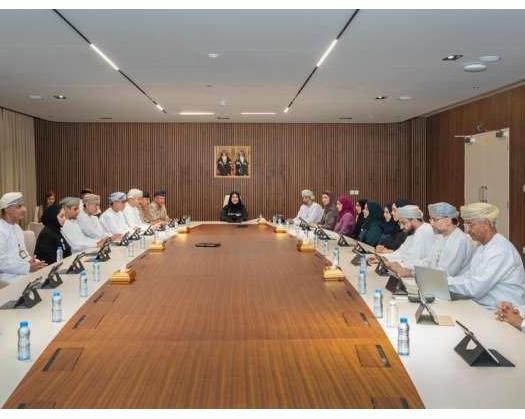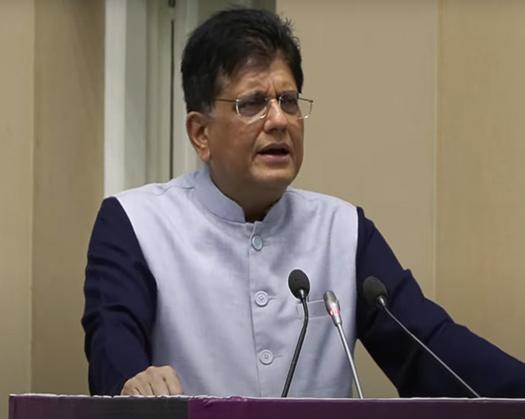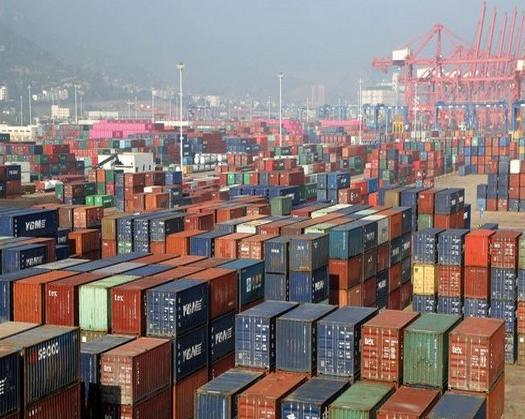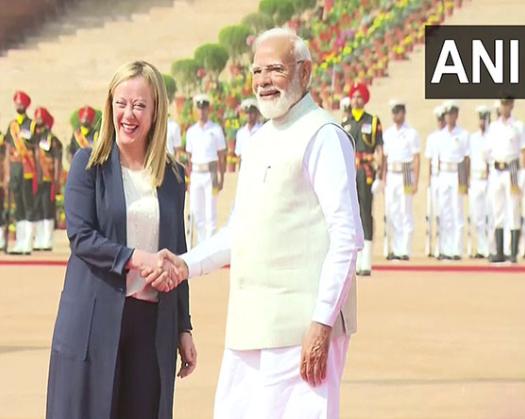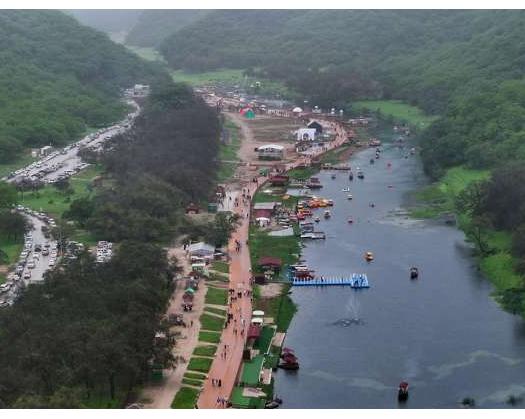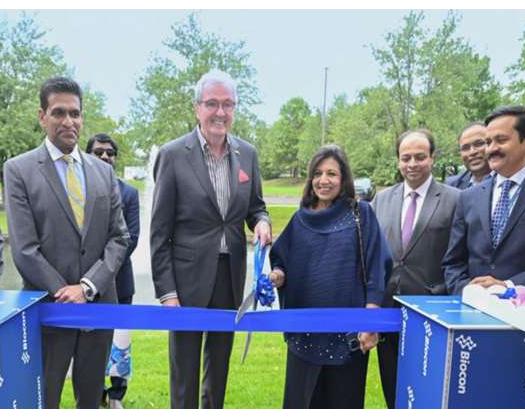New Delhi: India has ascended to become the seventh-largest coffee producer in the world, with exports reaching USD 1.29 billion in the financial year 2023-24. This figure is nearly double the USD 719.42 million recorded in 2020-21, according to a statement from the Ministry of Commerce and Industry.
The Ministry attributed this growth in exports to the rising global demand for India's distinctive and rich coffee flavors. In the first half of January 2025, India exported over 9,300 tonnes of coffee, with major importers including Italy, Belgium, and Russia.
Around 75% of India's coffee production comprises Arabica and Robusta beans, which are mainly exported in their unroasted form. However, there is an increasing interest in value-added products such as roasted and instant coffee, which is contributing to the export growth, as noted in the release.
The rise of café culture, coupled with higher disposable incomes and a growing preference for coffee over tea, has led to a steady increase in coffee consumption within India. This trend is evident in both urban and rural regions. Domestic consumption has risen from 84,000 tonnes in 2012 to 91,000 tonnes in 2023, as highlighted in the release.
This increase signifies a broader change in drinking preferences, with coffee becoming an integral part of daily life. India's coffee is predominantly cultivated in the ecologically diverse Western and Eastern Ghats, renowned for their biodiversity. Karnataka is the leading producer, contributing 248,020 MT in 2022-23, followed by Kerala and Tamil Nadu.
These regions are characterized by shaded plantations that not only bolster the coffee sector but also significantly contribute to environmental conservation, aiding in the maintenance of the ecological balance within these biodiversity-rich areas.
To boost coffee production and address the increasing domestic and international demand, the Coffee Board of India has introduced several key initiatives.
The Integrated Coffee Development Project (ICDP) aims to enhance yields, broaden cultivation in non-traditional areas, and ensure the sustainability of coffee farming, as stated in the release.
These initiatives form part of a holistic approach to fortify India's coffee sector, elevate productivity, and enhance its competitiveness on a global scale, according to the ministry.
A notable success story is Araku Valley, where approximately 150,000 tribal families, in partnership with the Coffee Board and the Integrated Tribal Development Agency (ITDA), have achieved a 20 percent increase in coffee production.
This progress is supported by loans from the Girijan Co-Operative Corporation (GCC), highlighting how coffee cultivation empowers local communities and aligns with the vision of Aatmanirbhar Bharat, as noted by the ministry.
The Commerce and Industry Ministry further emphasized that these initiatives, along with export incentives and logistical support, are essential in expanding India's coffee sector. They contribute to enhancing both domestic production and global competitiveness, firmly positioning India as a significant player in the international coffee market, as mentioned in the release.


